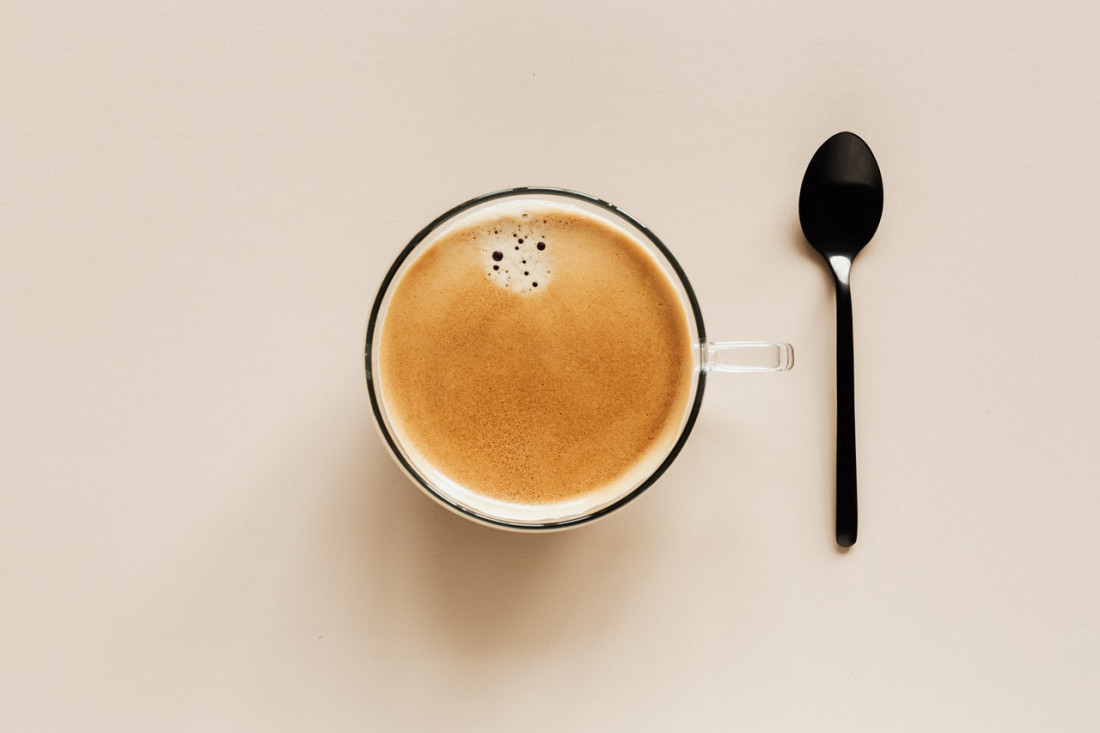Coffee drinkers are causing a problem. What to do with the millions of tons of used coffee grounds that are created every year?
To date scientists have found numerous ways to make use of the smelly, damp, brown waste, discovering that they can be used as a fertiliser feedstock, that they can be mixed into animal feed, or can be used as an energy source for biofuels.
Recently adding to this list, chemists found out that in a powder form they could be used as a way to remove heavy metal ions (such as lead or mercury) from water.
Whilst this last method has a very practical goal in making water safer for human consumption, it also had an impractical side, in that an additional process was needed to separate the powder from the purified water. That problem has also now been solved, as a team from the Italian Institute of Technology in Genoa, has discovered a way to use the coffee grounds in a filter that greatly simplifies the process.
The researchers have published their results in the journal ACS Sustainable Chemistry & Engineering, where they describe the filter as a, “…bioelastomeric foam composed of 60 wt % of spent coffee powder and 40 wt % of silicone elastomer [that] uses the sugar leaching technique.” The findings continue to explain how the foam was, “…successful in the removal of Pb2+ and Hg2+ ions from water. [Whilst] The capability of the bioelastomeric foams to interact with Pb2+ and Hg2+ is not affected by the presence of other metal ions in water as tests in real wastewater demonstrate. [Furthermore] The fabricated foams can be used for the continuous filtration and removal of metal ions from water, demonstrating their versatility, in contrast to the sole coffee powder utilized so far, opening the way for the reutilization and valorization of this particular waste.”
The foam filter made with used coffee grounds removes heavy metal ions like lead and mercury from contaminated water.
As the online journal Science Daily reports, the results are very promising, as it states that, “In still water, the foam removed up to 99 percent of lead and mercury ions from water over 30 hours. [Whilst] In a more practical test in which lead-contaminated water flowed through the foam, it scrubbed the water of up to 67 percent of the lead ions.”
But the journal continues by highlighting the most important part of the filter system, when it states that, “Because the coffee is immobilized, it is easy to handle and discard after use without any additional steps.”
Whilst the discovery has yet to undergo a full peer review, and so is some way off being applied industrially, the idea that coffee grounds are not simply for landfill may take away some of the bitter taste from your next cup. In fact, it is great to know that in the future, drinking coffee will improve your drinking water.


